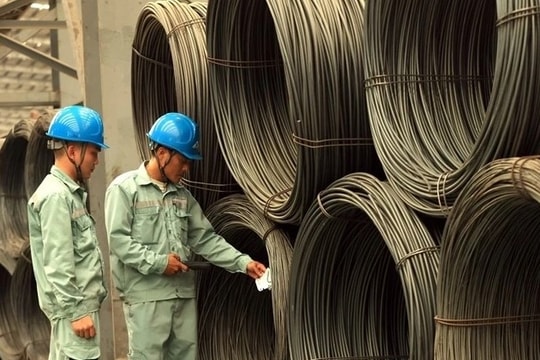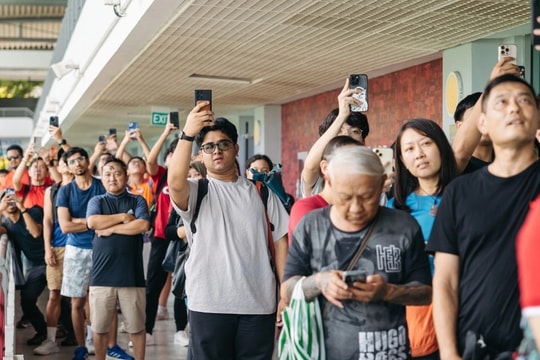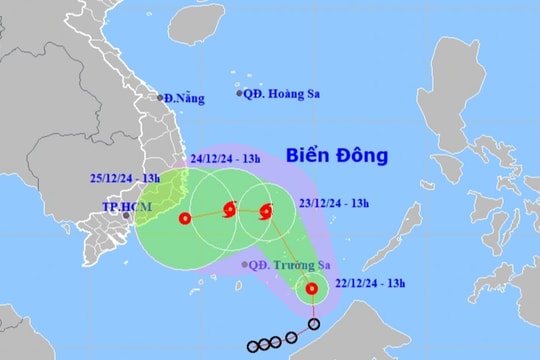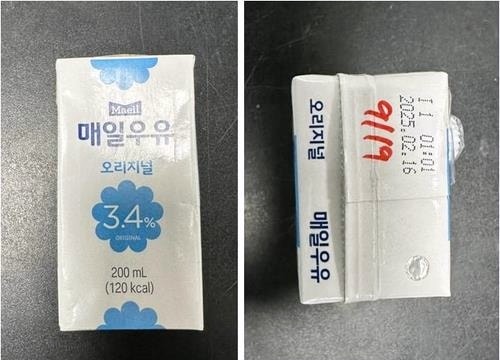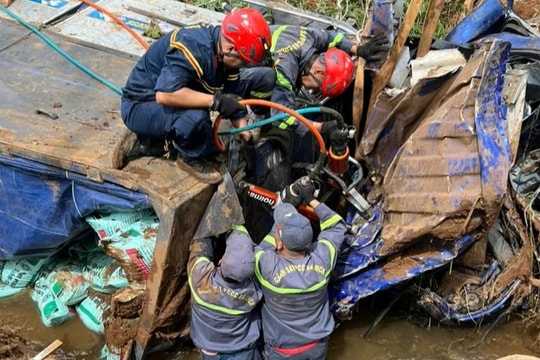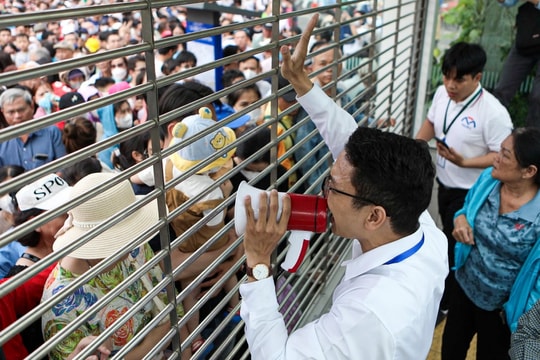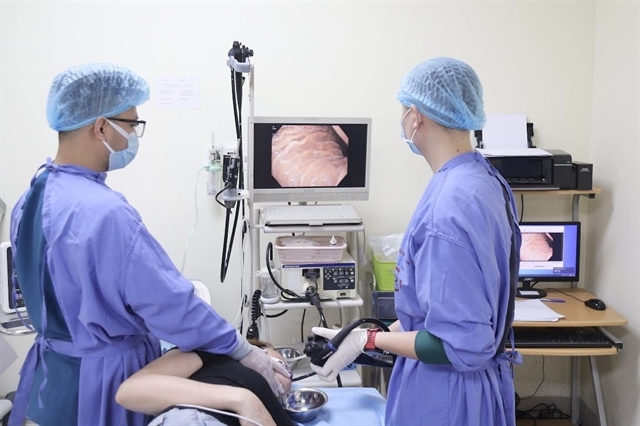 |
| Doctors at the endoscopy room at Quán Sứ Branch, Hospital K in Hà Nội.—VNA/VNS Photo |
HÀ NỘI — The National Cancer Hospital (Hospital K) will soon open a new branch, its fourth site, in Hữu Hoà Commune, Thanh Trì District, Hà Nội.
Professor Lê Văn Quảng, director of the hospital, announced on Wednesday afternoon that this fourth branch will house the Proton Therapy Centre, a radioisotope production area for on-site use, and treatment beds.
The Proton Therapy Centre, the first of its kind in northern Việt Nam, will specialise in treating nervous system cancers, particularly in children, as well as lung and prostate cancers.
"The investment in this high-quality cancer treatment centre, equipped with advanced radiation therapy systems, aims to enhance cancer treatment for Vietnamese patients domestically, eliminating the need for overseas treatment," he said.
The Hà Nội administration has granted preliminary approval for the hospital's fourth branch to be located on an 8.6-hectare site, nearly one and a half times larger than the hospital’s third branch.
Construction is expected to commence in the third quarter of this year once the land transfer is completed.
With the addition of this new branch in Hữu Hoà Commune, Thanh Trì District, the hospital will operate four facilities: the first branch at No. 43 Quán Sứ Street, Hoàn Kiếm District; the second branch at Tựu Liệt - Tam Hiệp Street, Thanh Trì District; and the third branch at No. 30 Cầu Bươu Street, Thanh Trì District.
Currently, the capacity of cancer treatment facilities meets only about 20 per cent of demand.
The addition of modern treatment facilities is expected to alleviate pressure on existing specialised cancer hospitals.
Professor Quảng said that after legal procedures are finalised by the Ministry of Health and the Hà Nội People's Committee, land clearance would begin around September to October this year.
Statistics showed that in the first six months of this year, the hospital received and treated a total of 209,887 patients, both outpatient and inpatient.
The hospital has implemented new techniques, particularly in surgical oncology, such as single-incision endoscopic surgery combined with breast cancer reconstruction and robotic endoscopic surgery for digestive, renal, and thyroid cancers.
The hospital has also organised online consultation programmes and remote healthcare services, which have garnered high praise from colleagues, patients, and the public. — VNS
4o





